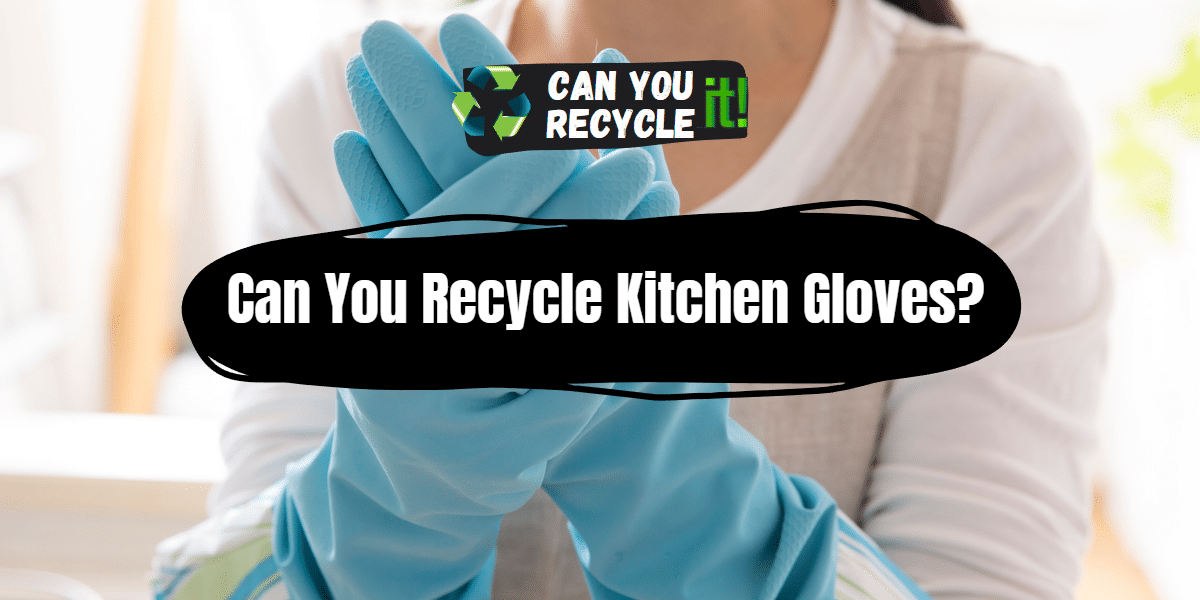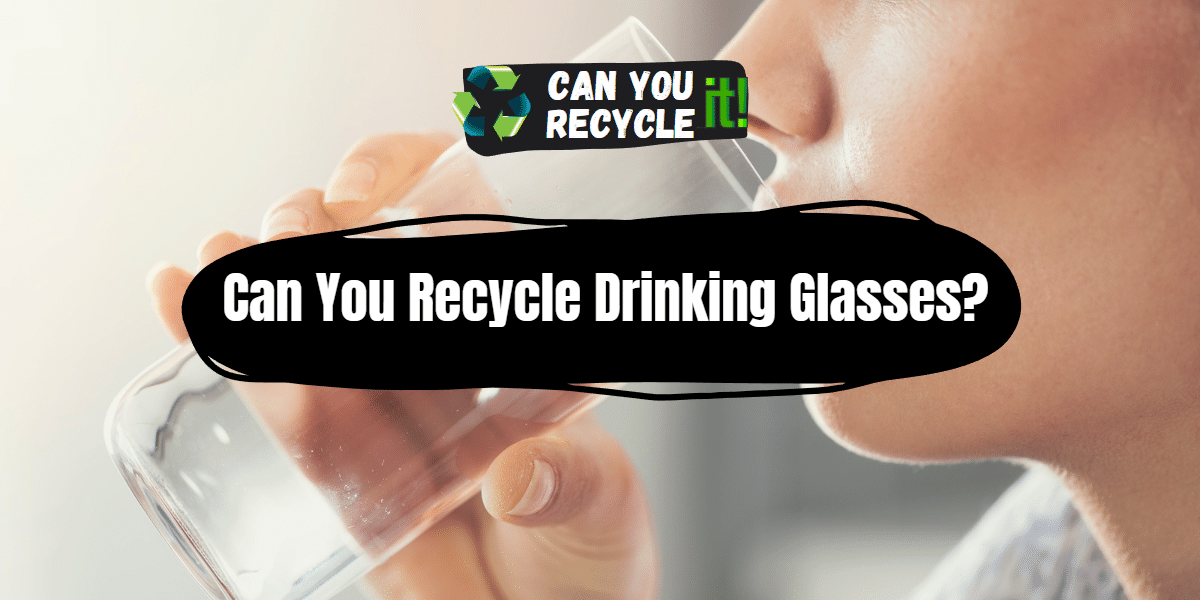Yes, Recycling electronics is possible and highly encouraged as it prevents harmful materials from ending up in landfills and conserves valuable resources.
Above is the direct answer to the question, “Can You Recycle Electronics?“. By recycling your old electronics, you contribute to a more sustainable future while also ensuring that potentially toxic substances, such as lead, mercury, and cadmium, are appropriately handled.
In today’s digital age, electronics play a vital role in our lives. From smartphones and laptops to televisions and kitchen appliances, electronic devices have become indispensable to our daily routines. However, as technology evolves rapidly, so does the problem of electronic waste or e-waste. To mitigate the environmental impact of e-waste, recycling electronics has emerged as a crucial solution. In this article, we will explore the feasibility of recycling electronics, dos and don’ts, step-by-step guides, and alternative options for non-recyclable electronics, along with the environmental impact and frequently asked questions.
Table of Contents
Do’s and Don’ts
Dos
- Research local recycling programs: Find certified e-waste recyclers or drop-off locations in your area. Check with your local government or environmental agencies for guidance.
- Wipe your data: Before recycling, ensure you back up and securely erase any personal information from your devices. This step protects your privacy and prevents sensitive data from falling into the wrong hands.
- Consider repair or refurbishment: If your electronics are still functional but no longer needed, consider donating or selling them instead of recycling them. This extends their lifespan and reduces overall waste.
Don’ts
- Throw electronics in the trash: Electronics contain hazardous components that can harm the environment and human health when improperly disposed of. Avoid sending them to landfills, as they can release toxic chemicals into the soil and water.
- Neglect smaller devices: Remember to recycle large appliances and small electronics like cell phones, tablets, and digital cameras. These items often contain valuable materials like gold and silver, which can be recovered through recycling.
5-Step Guide to Recycle Electronics
Recycling electronics can be a straightforward process if you follow these five steps:
Step 1
Evaluate: Determine which electronics you want to recycle and assess their condition. Consider factors like age, functionality, and compatibility with current technology.
Step 2
Research: Look for reputable e-waste recycling programs or centers. Ensure that they follow environmentally responsible practices and comply with relevant regulations.
Step 3
Prepare for recycling: Back up any important data and remove personal information from your devices. Check the recycling facility’s requirements for packaging and transportation.
Step 4
Drop off or arrange pick-up: Take your electronics to the designated recycling center or schedule a pick-up if available. Some programs offer curbside collection or events specifically for e-waste disposal.
Step 5
Track your impact: Stay informed about the recycling process and the environmental benefits of your actions. Share your experience with others to encourage sustainable e-waste management.
What to Do with Electronics That Cannot Be Recycled.
While recycling is the ideal solution for most electronics, certain items may not be recyclable due to their complexity, hazardous components, or lack of proper recycling infrastructure. In such cases, consider the following alternatives:
- Repair and reuse: Explore repair options for malfunctioning electronics. Repair cafes and specialist technicians can often extend the lifespan of devices, reducing the need for new purchases.
- Donate or sell: If your electronics are still functional, consider donating them to charities, schools, or community centers. Alternatively, sell them through online platforms or second-hand stores to give them a new life.
- Responsible disposal: For non-recyclable electronics, follow guidelines for safe disposal. Contact your local waste management facility or a government agency to inquire about specific procedures for e-waste disposal.
Environmental Impact of Recycling Electronics
Recycling electronics brings significant environmental benefits. Here are some critical positive impacts:
- Resource conservation: Electronics contain valuable materials like precious metals and rare earth elements. Recycling these devices helps conserve natural resources and reduces the need for mining and extraction.
- Energy savings: Recycling electronics requires less energy than manufacturing new devices from raw materials. By reducing energy consumption, recycling helps to mitigate greenhouse gas emissions and combat climate change.
- Toxic waste reduction: E-waste contains hazardous substances that can leach into the environment if not properly managed. Recycling electronics ensures these toxins are safely removed or contained, preventing soil and water pollution.
FAQs for Can You Recycle Electronics
Can I recycle old batteries with my electronics?
Yes, most recycling programs accept batteries as part of their e-waste collection.
What happens to my electronics after I drop them off for recycling?
Recycling facilities dismantle the devices, sort the materials, and recover valuable components for reuse or recycling. They also safely handle hazardous materials and ensure proper disposal.
Are there any regulations governing e-waste recycling?
Many countries have implemented laws and regulations to promote responsible e-waste management. Compliance with these regulations ensures safe recycling practices.
Conclusion and final thoughts 💭
Recycling electronics is not only feasible but also essential for a sustainable future. By following the dos and don’ts, utilizing the 5-step guide, and exploring alternative options for non-recyclable electronics, you can actively contribute to reducing e-waste and its environmental impact. Remember, your responsible actions today will pave the way for a greener and cleaner tomorrow. Start recycling your electronics and inspire others to do the same. Together, we can make a difference.





Leave a Reply